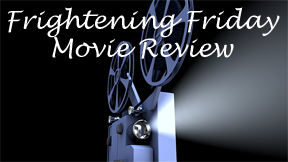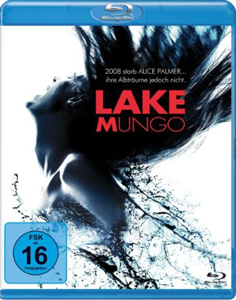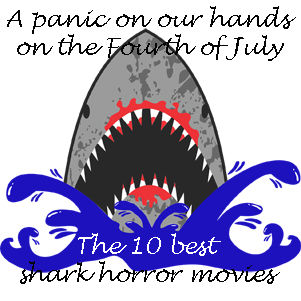As “Talk to Me” puts Australian horror back on the map, and “Hell House LLC Origins: The Carmichael Manor” has me on a found-footage kick, it seems like a good time to look back at “Lake Mungo” (2008), a masterfully chilling Australian fauxumentary.
Another post-“Mungo” name drop is Mike Flanagan, the modern master of emotional horror whose neatest idiosyncrasy is that he put ghosts into backgrounds of his TV series “The Haunting of Hill House” without having characters notice them or comment on them. “Mungo” draws similar tear-streaked chills, and the clinical way the documentarians study the footage does little to warm a viewer.
The deep waters of grief
This supernatural-tinged mystery starts as a deep dive into grief. The Palmer family loses teenage daughter Alice (Talia Zucker) to a drowning at a riverside picnic. Writer-director Joel Anderson gets heartfelt performances of sadness and regret out of Rosie Traynor (mother June), David Pledger (father Russell) and Martin Sharpe (teenage brother Matthew), even though their performances are almost entirely as interview subjects in the documentary about the Alice Palmer Mystery.

“Lake Mungo” (2008)
Director: Joel Anderson
Writer: Joel Anderson
Stars: Rosie Traynor, David Pledger, Martin Sharpe
Alice herself takes on an air of “Twin Peaks’” similarly named Laura Palmer with significant presence, and even character growth, from beyond the grave. Anderson achieves this in both traditional and daring ways.
First, Alice is supposedly a ghost captured in footage and photographs by Matthew. The documentary analyzes images like they’re the Zapruder Film, and I found myself squinting through the grain and pixels trying to make out Alice’s image.
“Mungo” draws goosebumps from faces and figures barely glimpsed in corners and shadows, and judiciously peppers in bursts of off-key music, but stays too classy for outright jump scares. The ambient sounds and music are at a slightly higher volume than they should be compared to the interview audio. Just enough so we listen more closely.
Secondly, after the first of a few film-redefining twists that almost render a viewer’s amateur ghost-hunting as superfluous, we learn dark secrets about Alice.
Moving on?
Anderson offers us a ghost story as an escape from real-world grief. It’s a tidy parallel to how people seek comfort in belief in an afterlife. It’s explored via psychic radio host Ray (Steve Jodrell), an Art Bell of the Outback, who befriends the Palmers.
But “Mungo” is spooky because its ghost story circles back to everyone’s relationship with Alice, rather than drifting into the inexplicable. As we learn Alice’s secrets, she becomes more visceral, even if she is deceased. The film gets weirder, flirting with science fiction, yet it remains intimate.
Adding to the grounded vibe are visits to real places such as the vast dry lakebed of the title, made scary because — for good story reasons – the Palmers’ search for a clue has to be conducted after dark. There’s no escape, but we’re so fascinated that we don’t really want to escape. This is a magnetic mystery.
As with the Philippou Brothers (“Talk to Me”) and Stephen Cognetti (“Carmichael Manor”), I looked up Anderson on IMDb, excited for a deeper dive into his catalog.
And then I learned that “Lake Mungo” is the only full-length film he has ever made! Some filmmakers build a legend via a large catalog of work. Anderson, by contrast, should be on any top 10 list of best films made by someone who only made one film.


